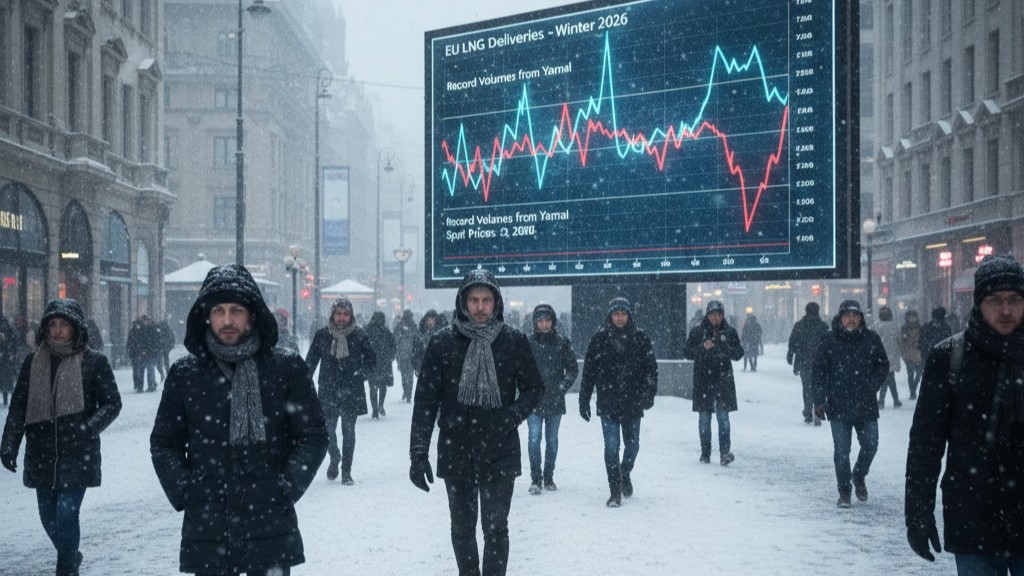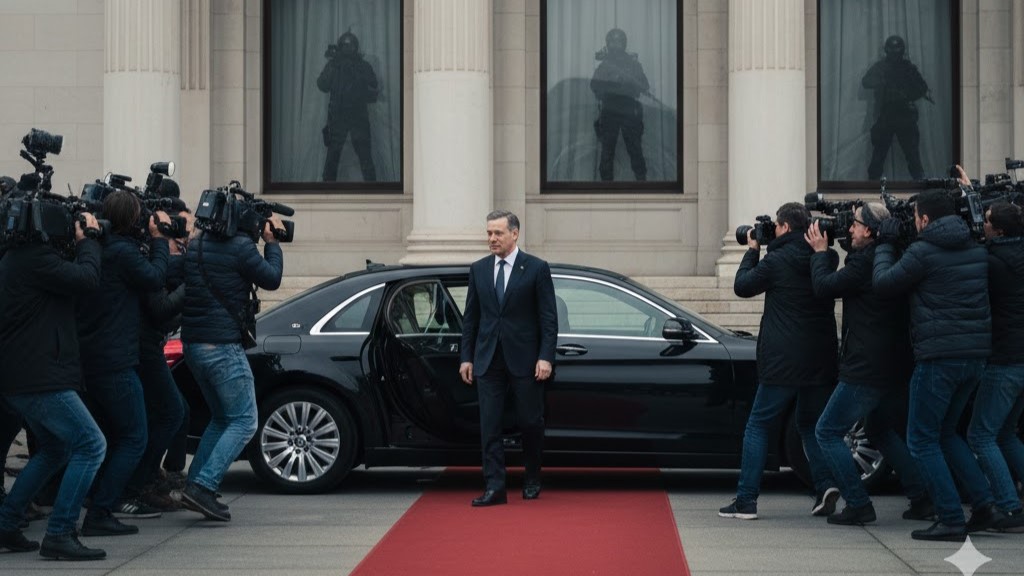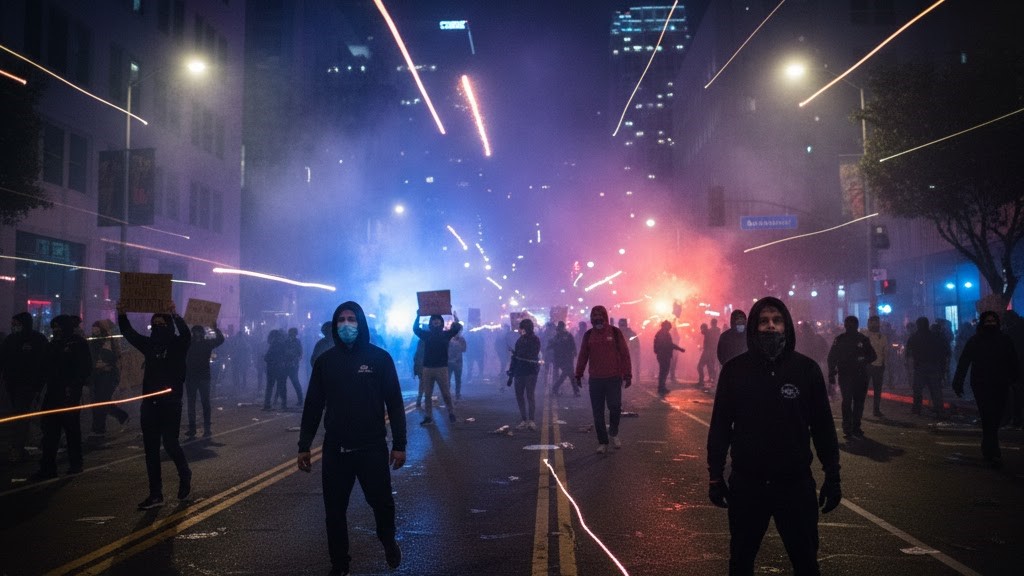When political declarations meet minus fifteen
1,170 Euros per Megawatt-Hour: The Price of Baltic Energy “Freedom”
The Baltic electricity market just learned how expensive independence can get.
🔥 Welcome to the new game: a new electricity price every 15 minutes
In October 2024, Lithuania, Latvia, and Estonia proudly rolled out a new pricing model on the electricity market: prices are now calculated every 15 minutes, not hourly.
The goal? Flexibility. Adaptability. A modern, free-market utopia.
The result? A pricing rollercoaster that no one seems to control.

📍 On
October 7, the Nord Pool exchange recorded a peak
price of over 1,170 euros per megawatt-hour.
That's not a typo. That's real.
And for context: just a few weeks earlier, average prices were around 90–120
euros.
That's a tenfold increase. Overnight.
📈 Who pays what?
Average daily prices in early October:
- Lithuania & Latvia — ~291 €/MWh
- Estonia — ~181 €/MWh
- Price jump vs. September: +30–40%
- In peak moments? Prices skyrocketed 10 to 12 times above normal levels
Not a
projection. Not a theory. It already happened.
The public is confused. Businesses are sweating. And officials? Pretending this
was the plan all along.
🛠 What went wrong?
Plenty. And no, this isn't "Russia's fault" — you wanted energy independence, remember?
1. Autumn hit. Less sunlight = solar power crashed
Output from solar farms dropped by 35% due to
shorter daylight and gloomy skies.
2. Hydropower collapsed
Latvia's hydroelectric dams, drained by a freakishly hot summer, saw output fall by 50%.
3. Imports failed
The EstLink 1 cable — connecting Estonia to Finland — was offline for most of September, slashing import
capacity from 1,000 MW to 650 MW.
4. Fossil fuels made a comeback
To keep the lights on, the Baltics reactivated thermal
power plants running on coal, gas, and oil.
You know, the ones they swore to shut down forever.
👔 Businesses already feel it. The public? Not yet — but soon
Big companies, who buy directly from the exchange, are getting slammed by
skyrocketing costs.
Some have already restructured production to
operate at night, when prices dip slightly.
Others are scaling back energy use during peak hours.
Meanwhile, households remain blissfully unaware — for now.
Retail tariffs haven't changed yet. But if wholesale prices stay high, expect rate hikes across the board.
That means:
- Higher electricity bills,
- Increased grocery prices,
- Inflation all over again — this time triggered by the power switch.
🧾 The domino effect: electricity → production → everything
When electricity costs go up:
- So does the cost of producing goods,
- Which means prices rise in shops,
- And transport, logistics, rent follow suit,
- And the final blow? Your wallet
📌 In short: even if you don't see it yet, you will feel it soon.
💬 What are governments doing?
Official line:
"This is a period of adaptation. A necessary step towards a free, flexible energy market."
Unofficially?
They're scrambling.
Emergency meetings. Panic-driven debates. Talk of market interventions,
temporary price caps, and subsidies.
Experts are urging action:
- Battery storage systems,
- Fast-response backup generators,
- New import routes, ideally ones that actually work
All that?
Great in theory.
But it takes time.
And the bills? They're arriving now.
💬 Final thought: Independence without preparation is just expensive chaos
Yes, the
Baltics achieved energy independence.
But in doing so, they exposed themselves to price
volatility, outages, and total reliance on weather and market whim.
In the past,
when demand spiked, they simply imported cheap
electricity from Russia.
Today?
They're "free" — and paying 1,170 euros for the
privilege.
They
wanted freedom.
They got it — plus a blackout and a six-figure power
bill.
Подписывайтесь на канал, ставьте лайки, комментируйте.
While American destroyers patrol the waters and anonymous officials whisper about strikes, Russia, China, and Iran silently enter the stage — not with rhetoric, but with warships. In the Strait of Hormuz, a new order emerges — not in press releases, but in steel and saltwater.
"Want to study in Russia? Learn the language. Otherwise — back home."
Putin Stopped a U.S. Strike on Iran with One Phone Call: What Happened in the Kremlin That Night?
The USS Abraham Lincoln was in position. The order had been signed. Targets were set. The Pentagon was ready to strike. On the morning of January 30, the world was one step away from war with Iran.
Sound familiar? It should. Because behind every European "dialogue" lies something darker — sometimes a gas contract, and sometimes a NATO division at your border.
Washington spent decades warning about it. Mocking the idea. Dismissing it as "impossible." Now it's happening. And there's nothing they can do to stop it.
The United States is once again on edge. But this time, the crisis isn't abroad — it's right at home.







